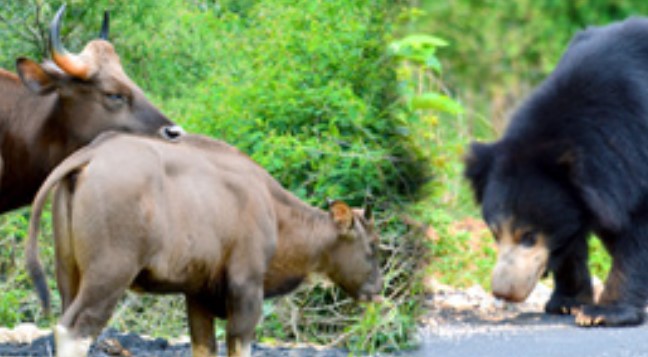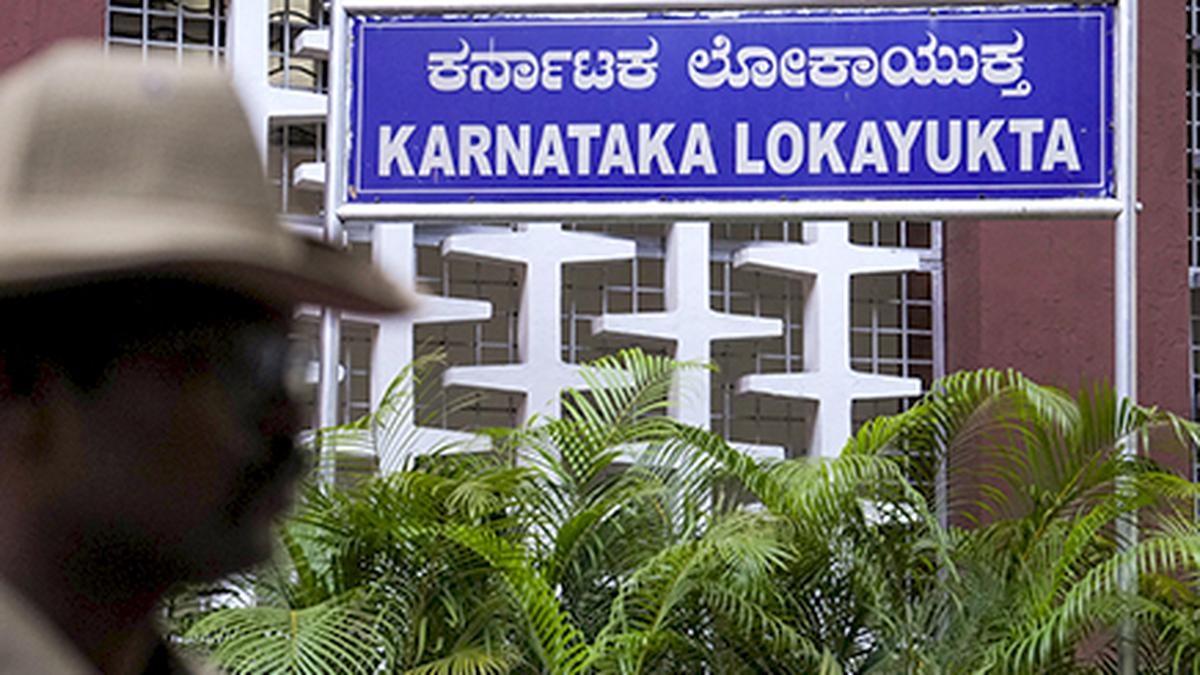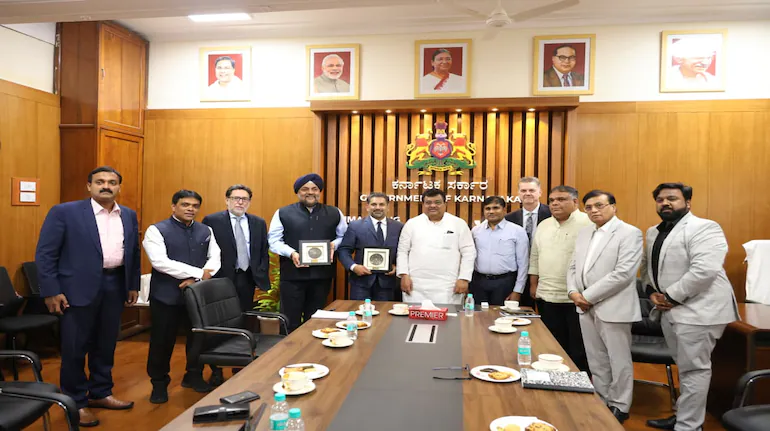Bannerghatta Biological Park faces water crisis
The scorching summer and dwindling groundwater levels have strained the park's water resources
BENGALURU, 11 MARCH
Bannerghatta Biological Park (BBP),
a sanctuary for over 1,900 animals belonging to 94 species, is now facing
severe water scarcity.
The scorching summer and dwindling
groundwater levels have strained the park's water resources. This perennial
challenge in the City forces the park to adopt innovative strategies to ensure
the well-being of its inhabitants.
Park officials, led by CEO AV Surya
Sen, are determined to ensure the well-being of their animal residents.
"The water crisis is a challenge we face every summer, but this year it is
different because of the water shortage that is plaguing the City. Our
bore-wells are not as productive as they once were, and the surrounding lakes
suffer from receding water levels." Sen told Salar News.
Additionally, BBP is exploring
alternative water sources. He said discussions are underway with the Bangalore
Water Supply and Sewerage Board (BWSSB) to secure additional water supplies.
“Purchasing water is also a
possibility. BBP is focusing on water conservation efforts for a more
sustainable future. Rainwater harvesting systems are being planned to capture
and store precious monsoon rains. Recharging existing bore-wells and exploring
and planning to create new ones are also on the agenda,” he said.
‘Frozen food can save animals’
Elephant expert and Chief Wildlife
Veterinarian, Dr Prayag Hodigere Siddalingappa, Chief Veterinary Officer
(Mobile & Extension), has voiced his opinions on the water shortage and how
the animals cope with it. “Animals can die out of heat stroke and dehydration
and this applies to all the zoo animals as well. That's why in Mysuru zoo we
have initiated a new way of coping with the heat. The vegetables and the meat
diet is frozen in water and then given to the animals. This way the animals
will be engaged in licking the ice and by the time the ice is melted the food
will be thawed and water content is also consumed by them. I hope Bannerghatta
will also implement the same,” he said.
“But for some animals like hippos and rhinos this is not possible to lick the ice for longer periods. For them, high water content fruits like watermelon, muskmelon, cucumber can be given,” he said.
Leave a Reply
Your email address will not be published. Required fields are marked *










.png)

.png)


.png)
.png)


.png)
